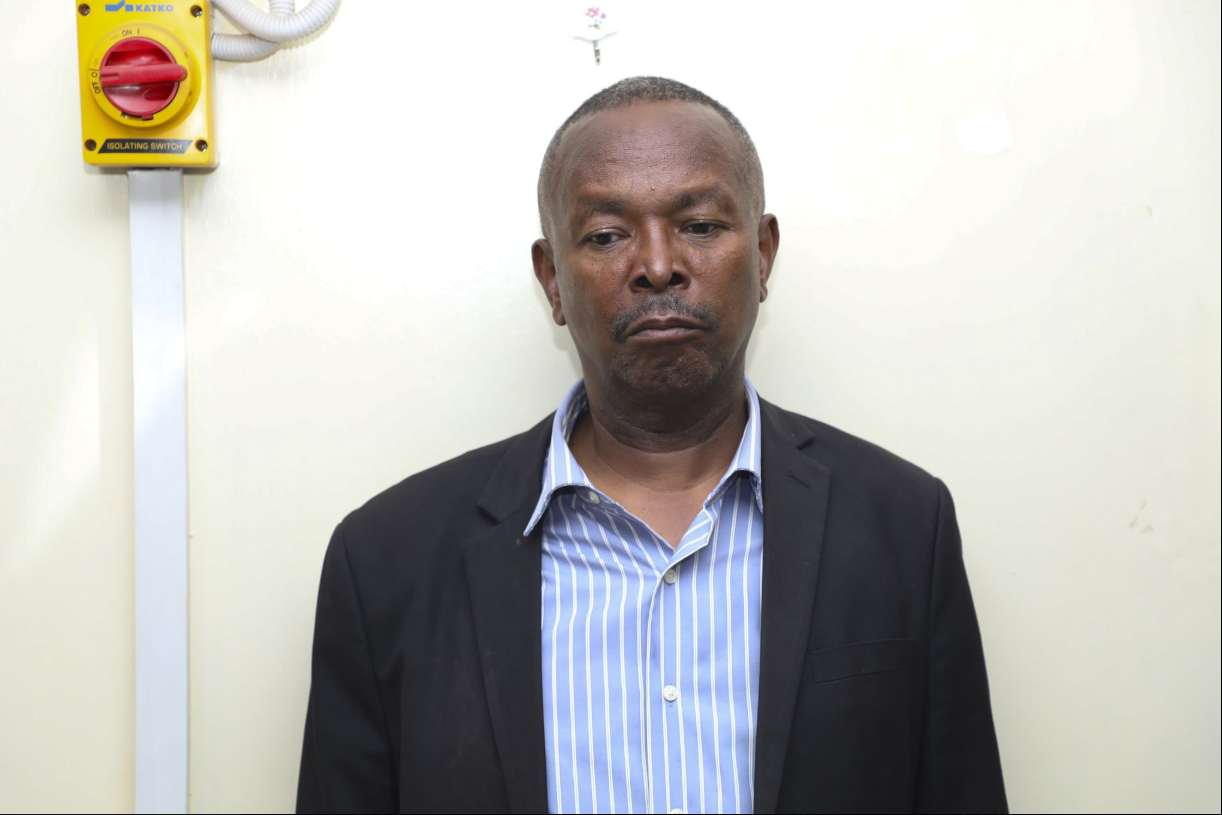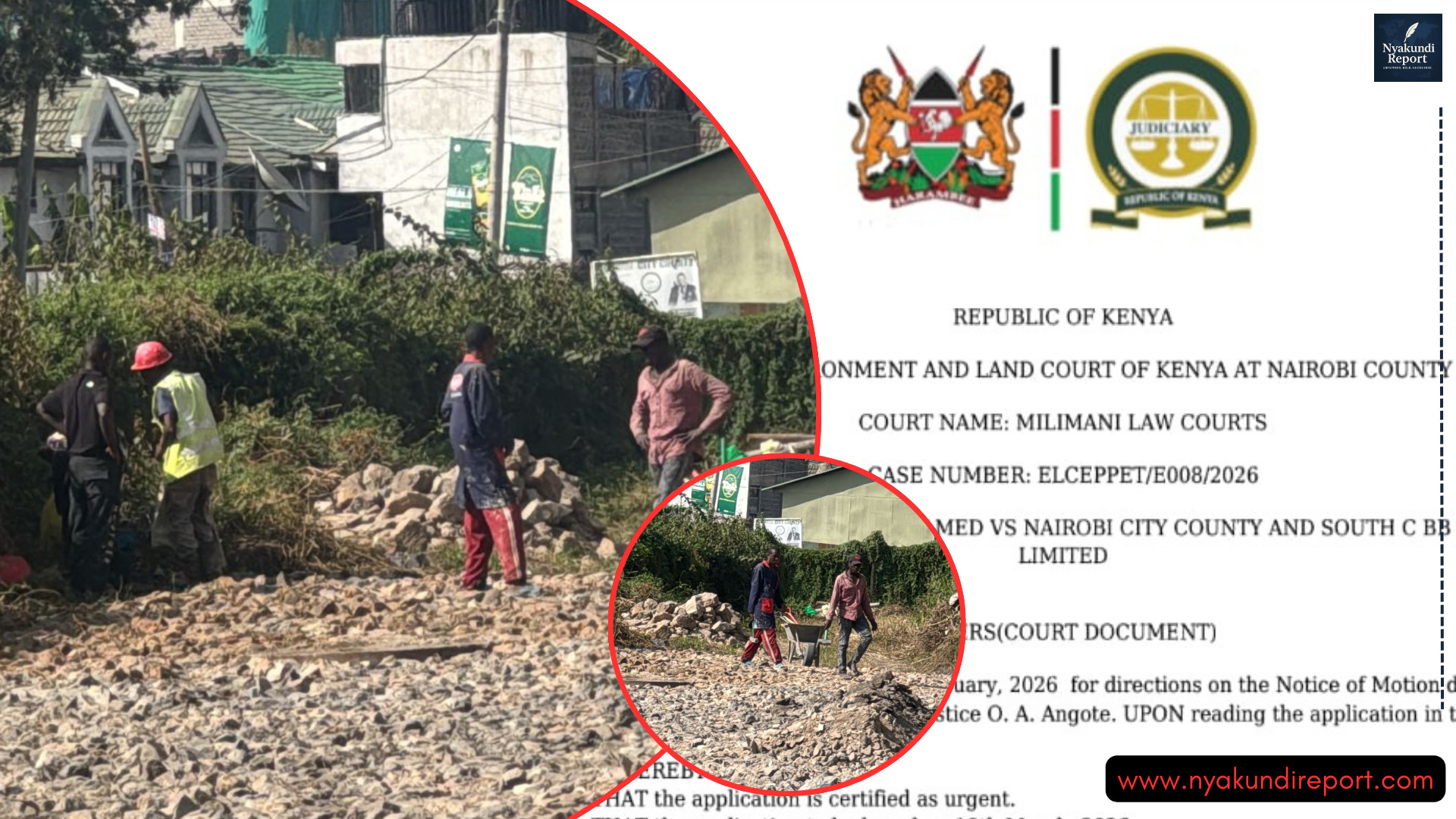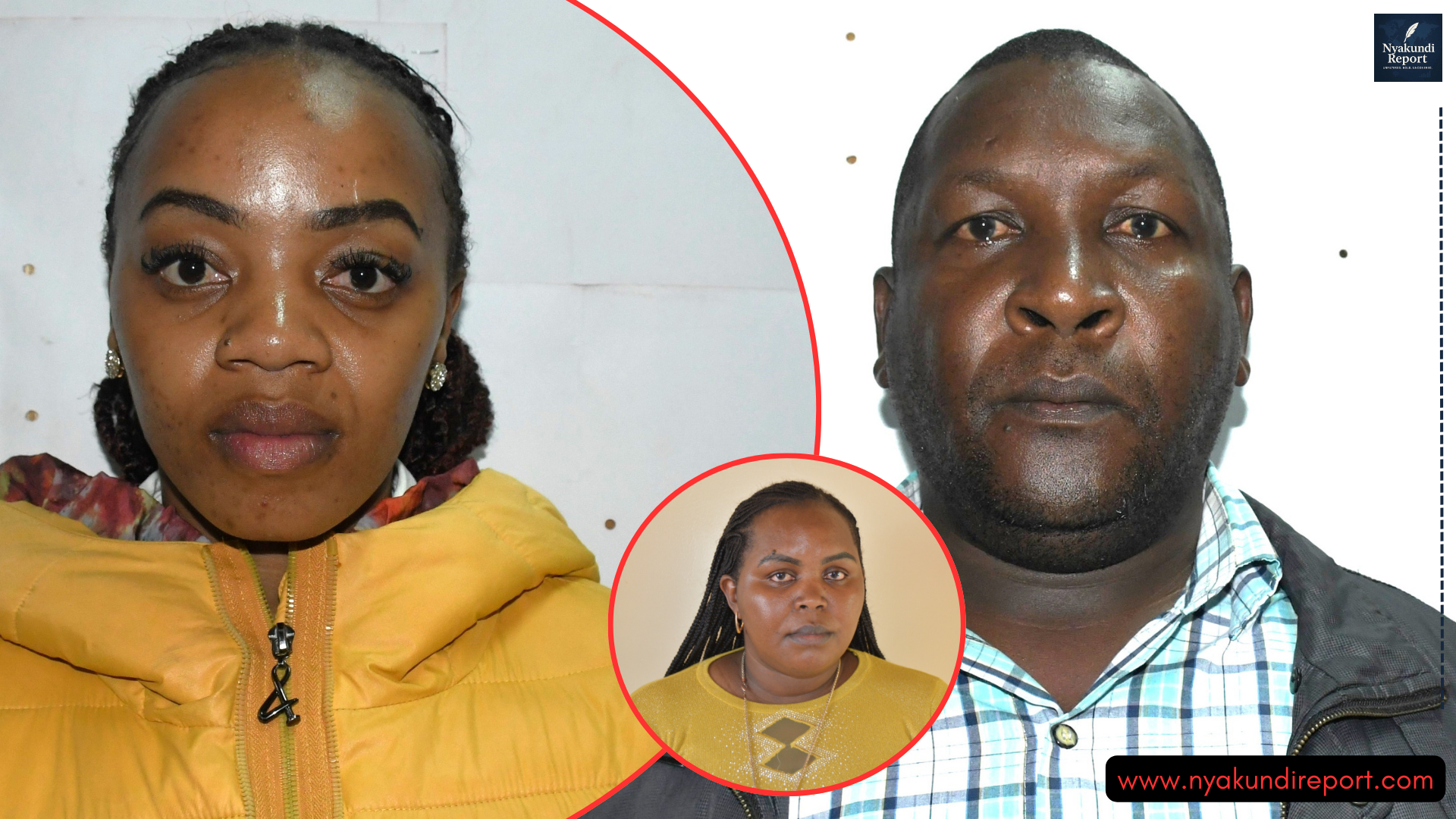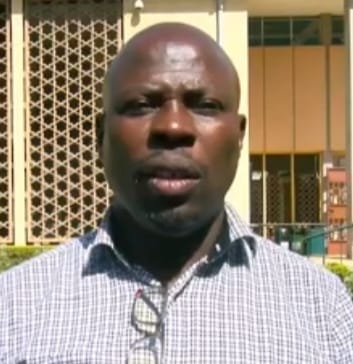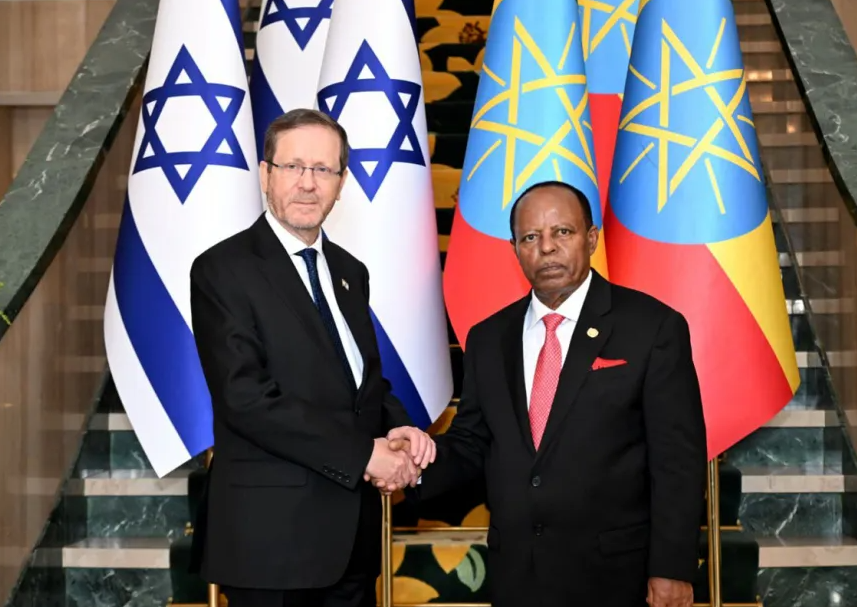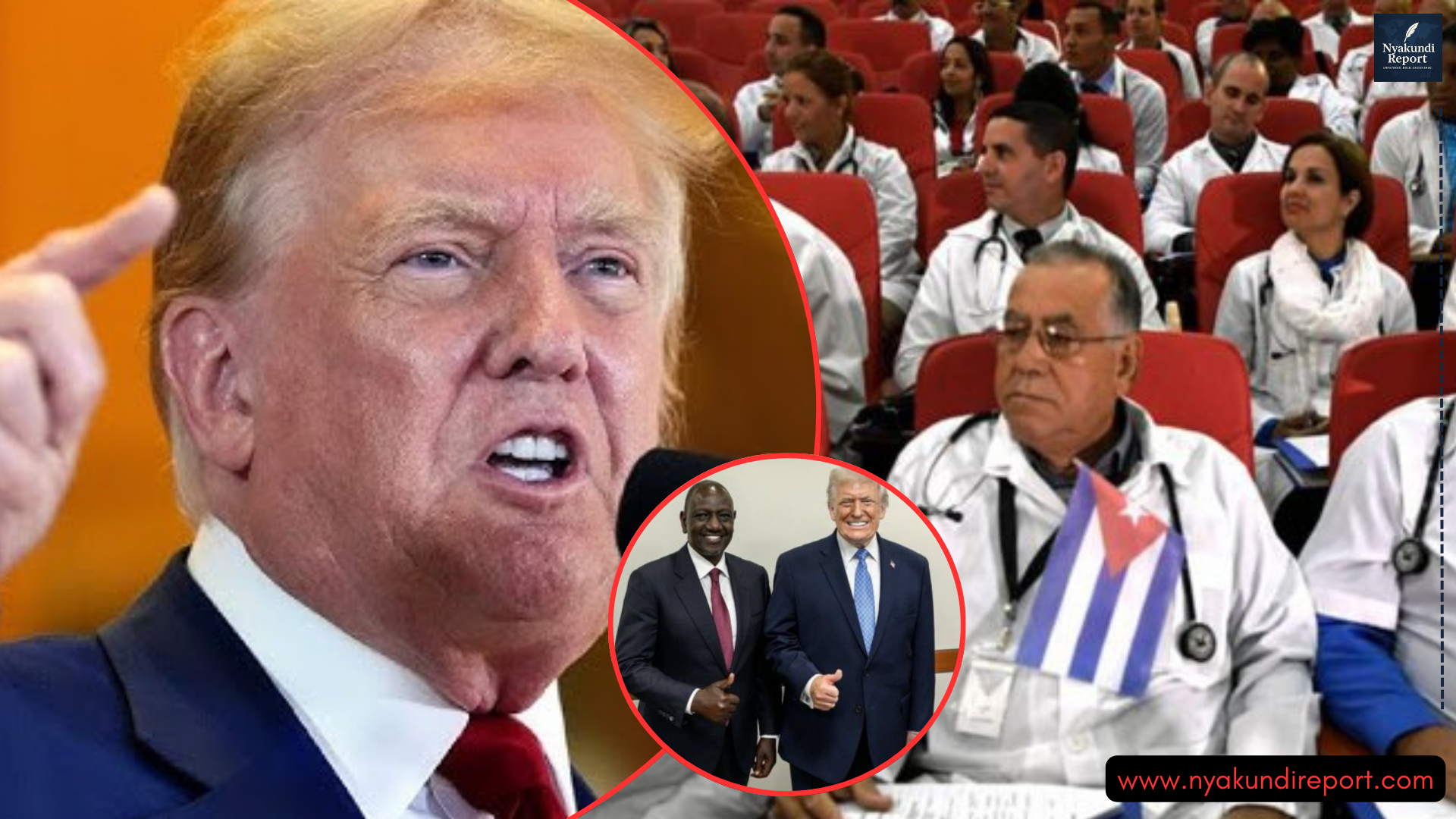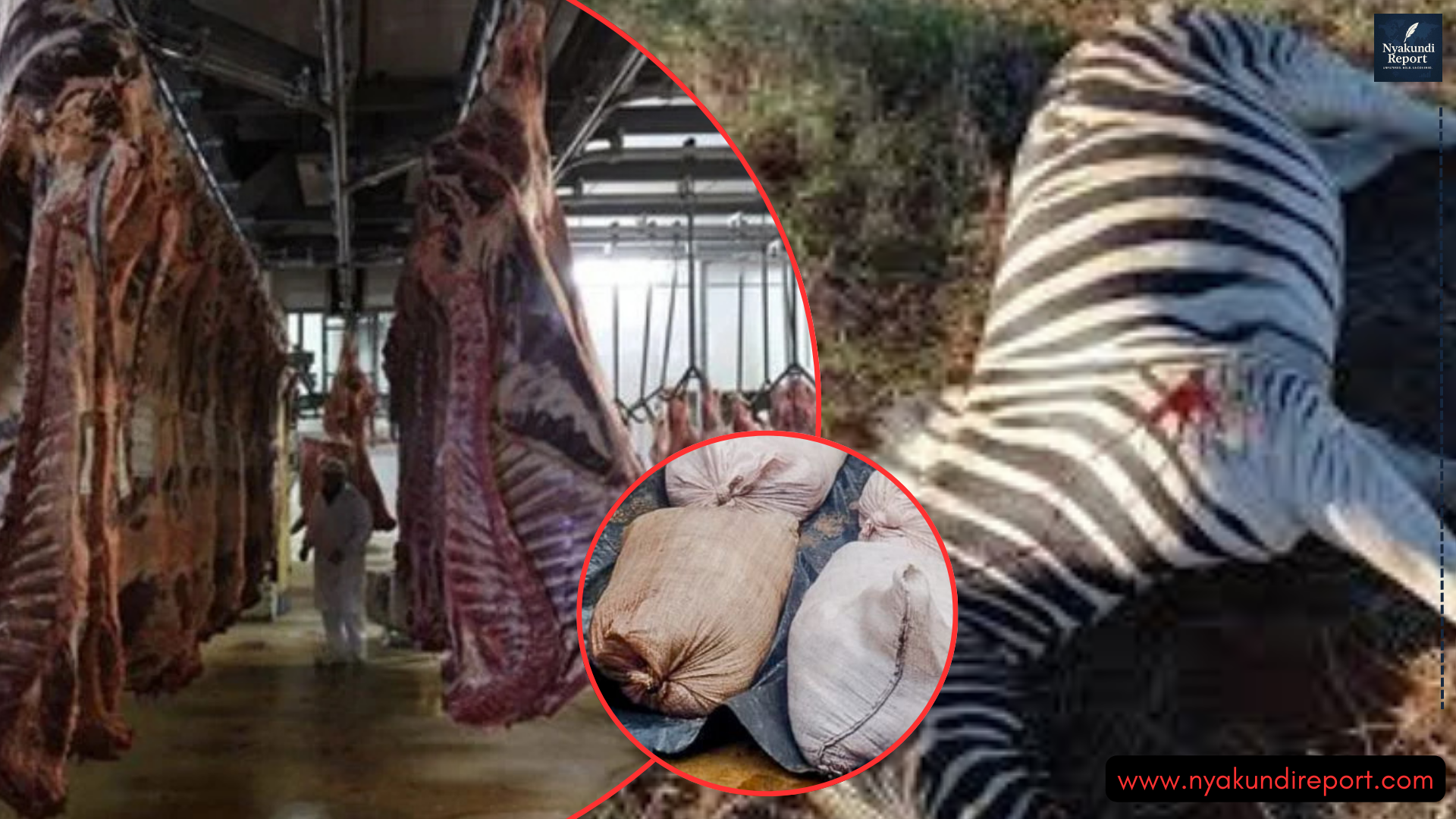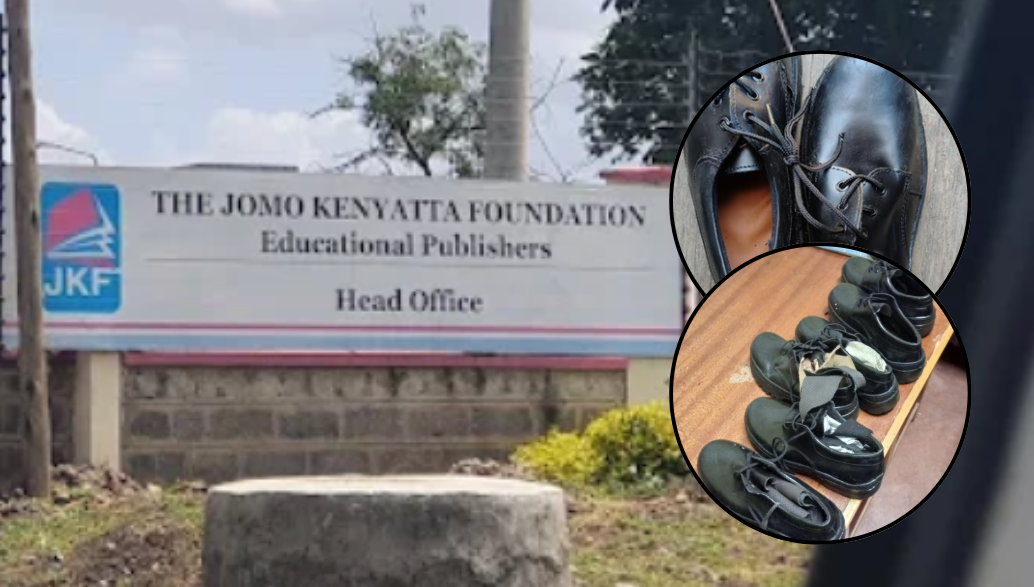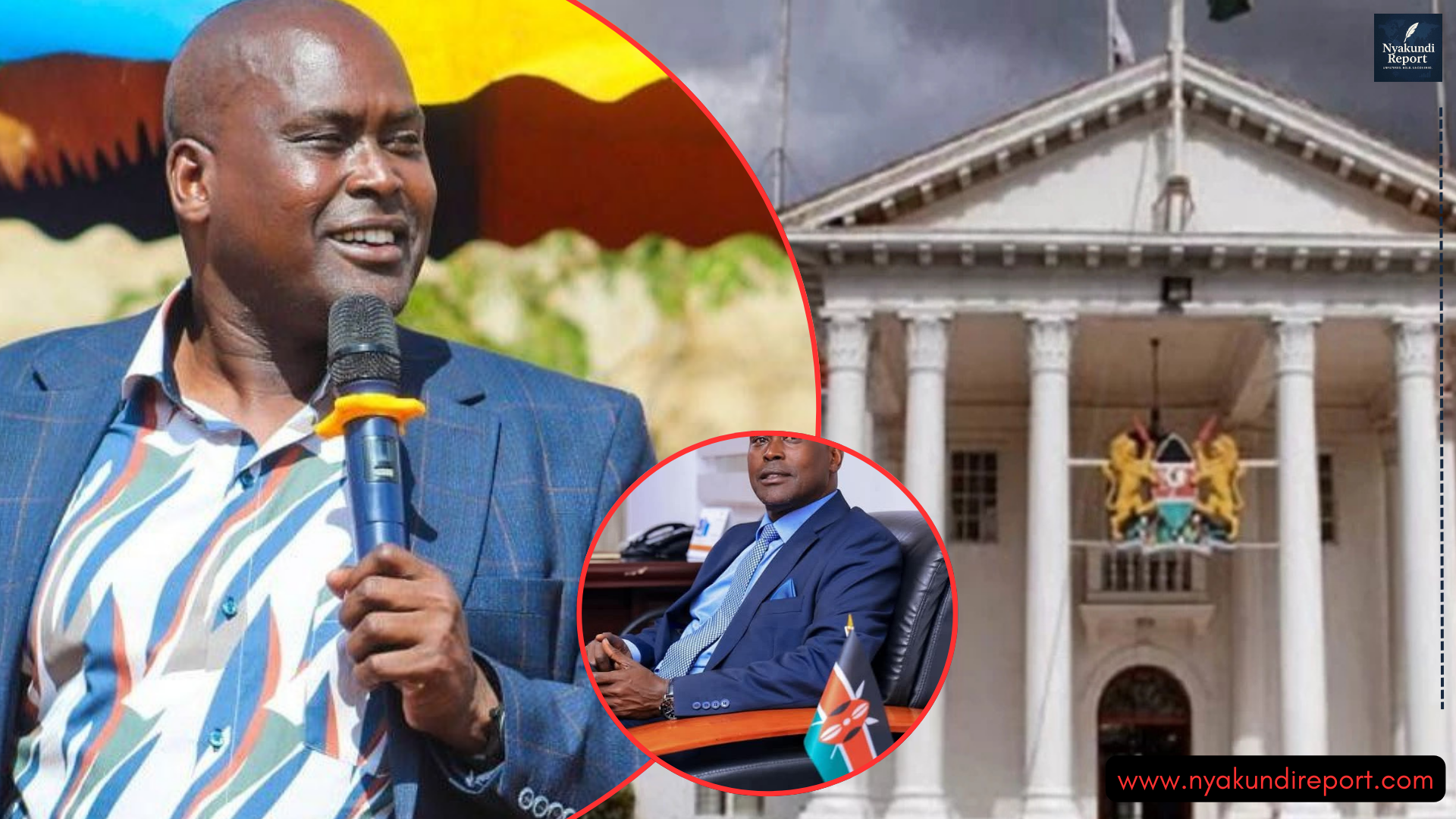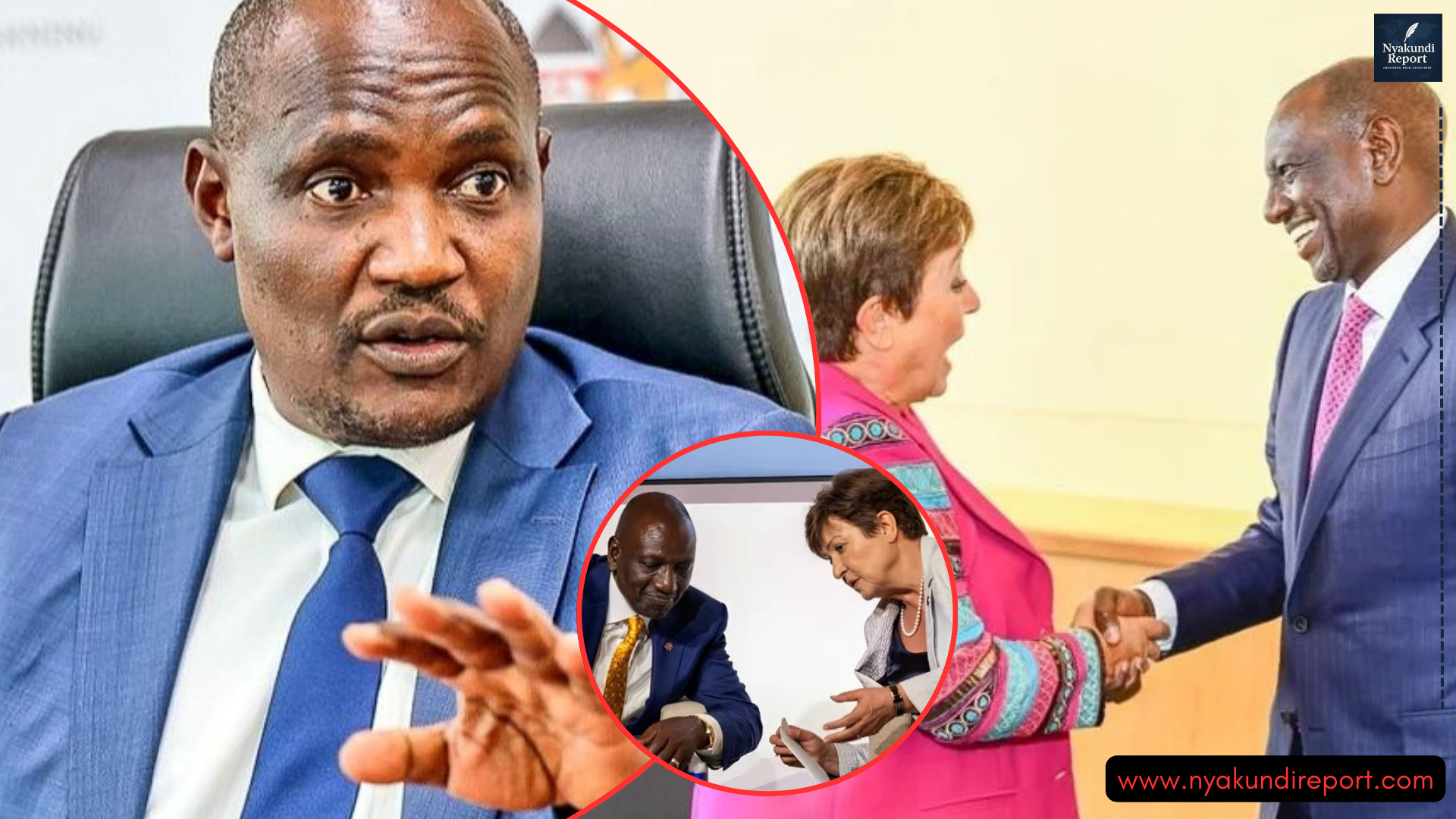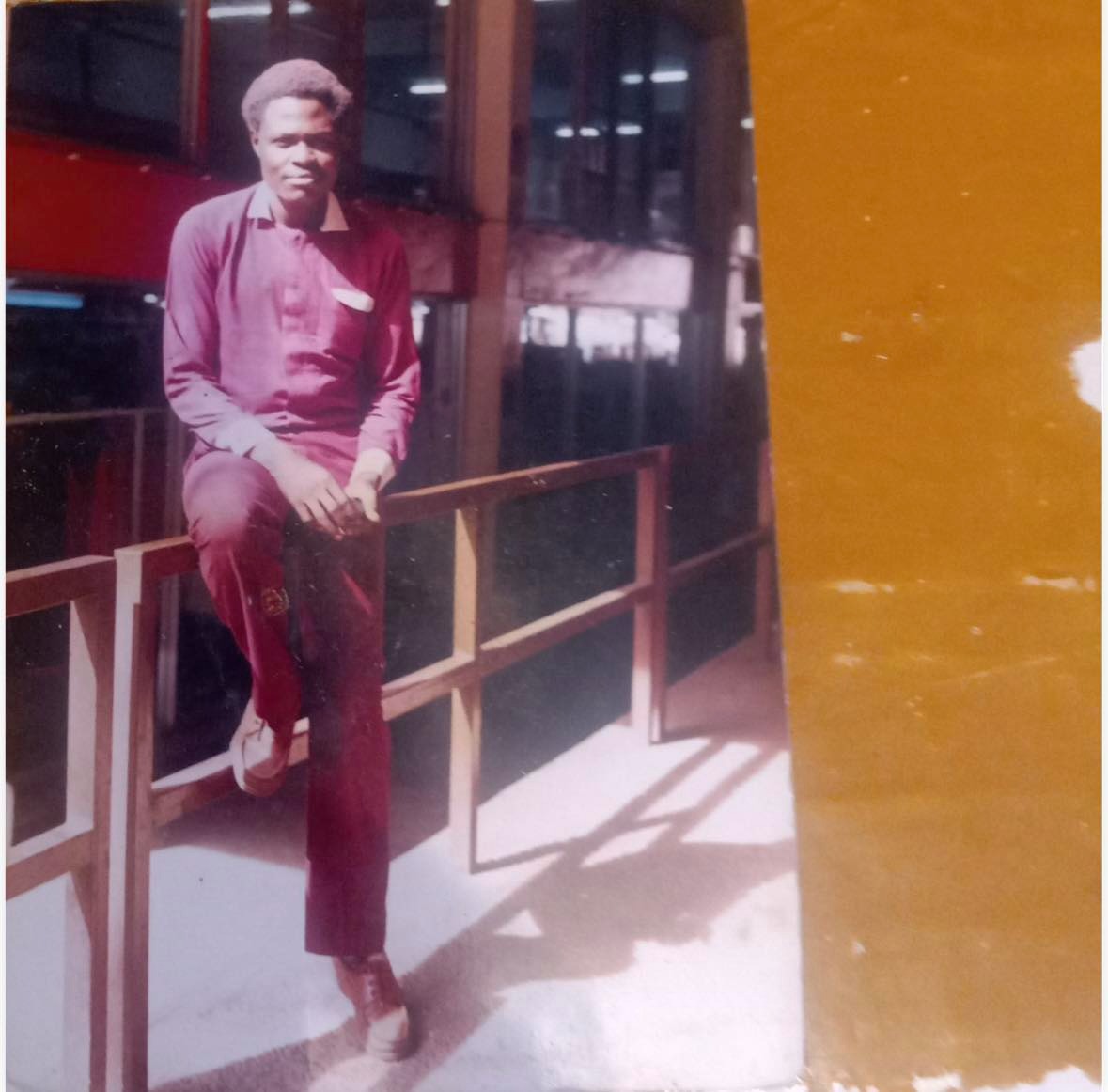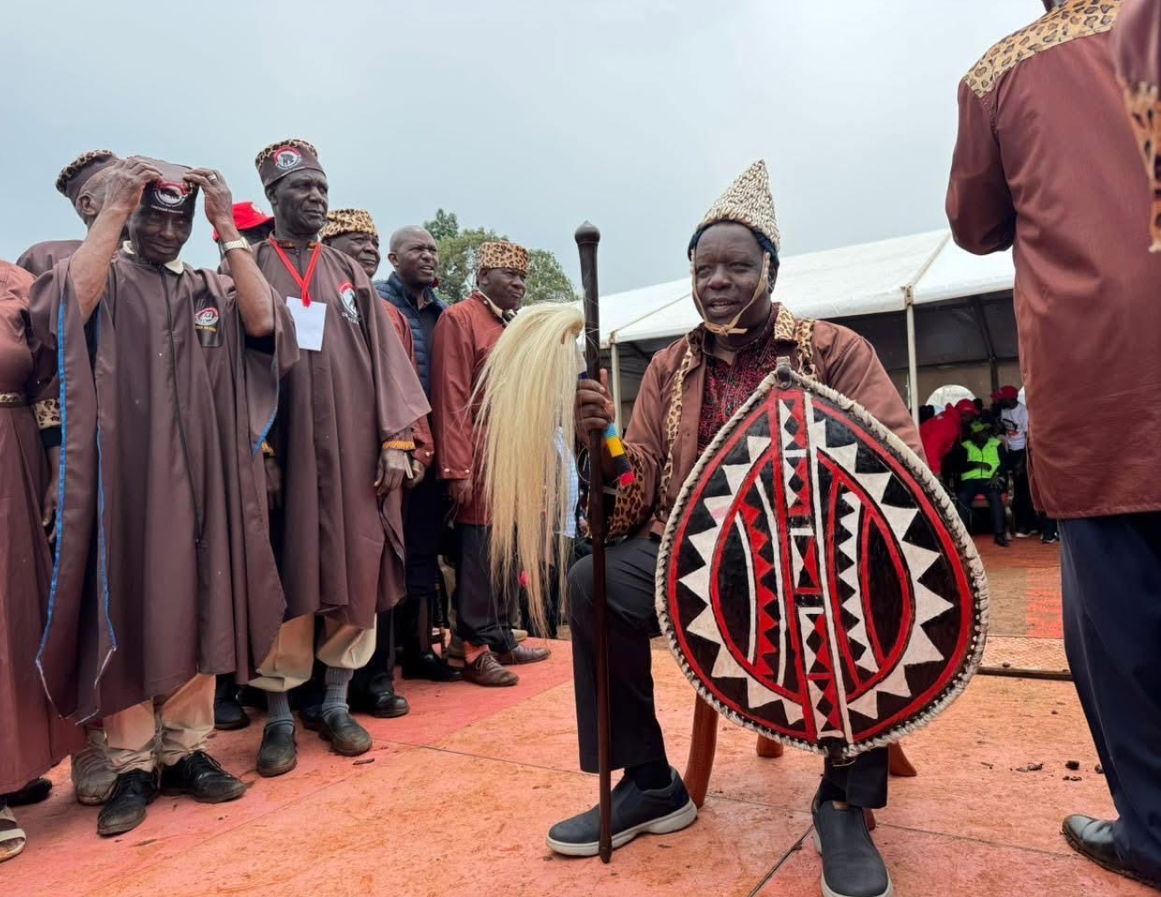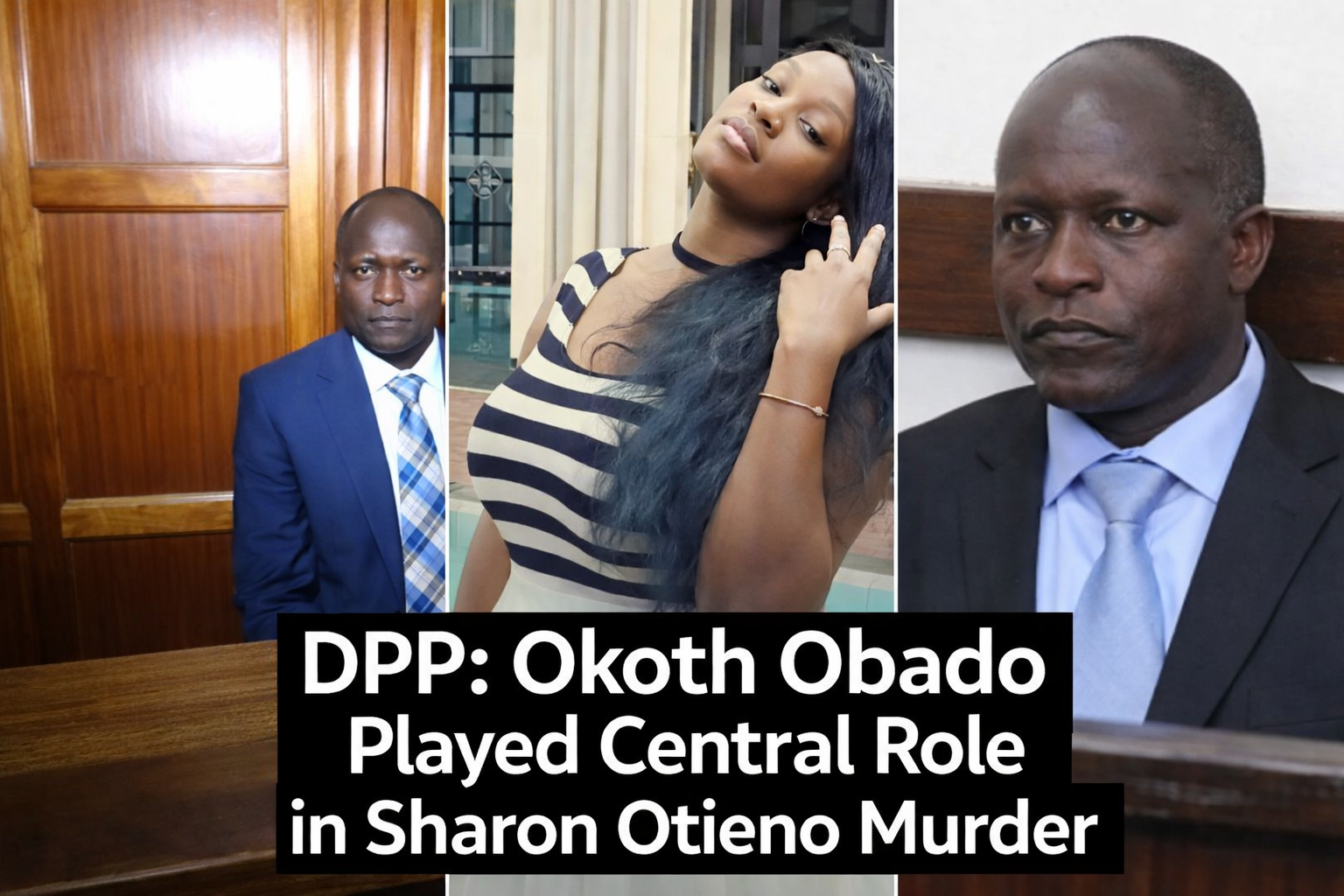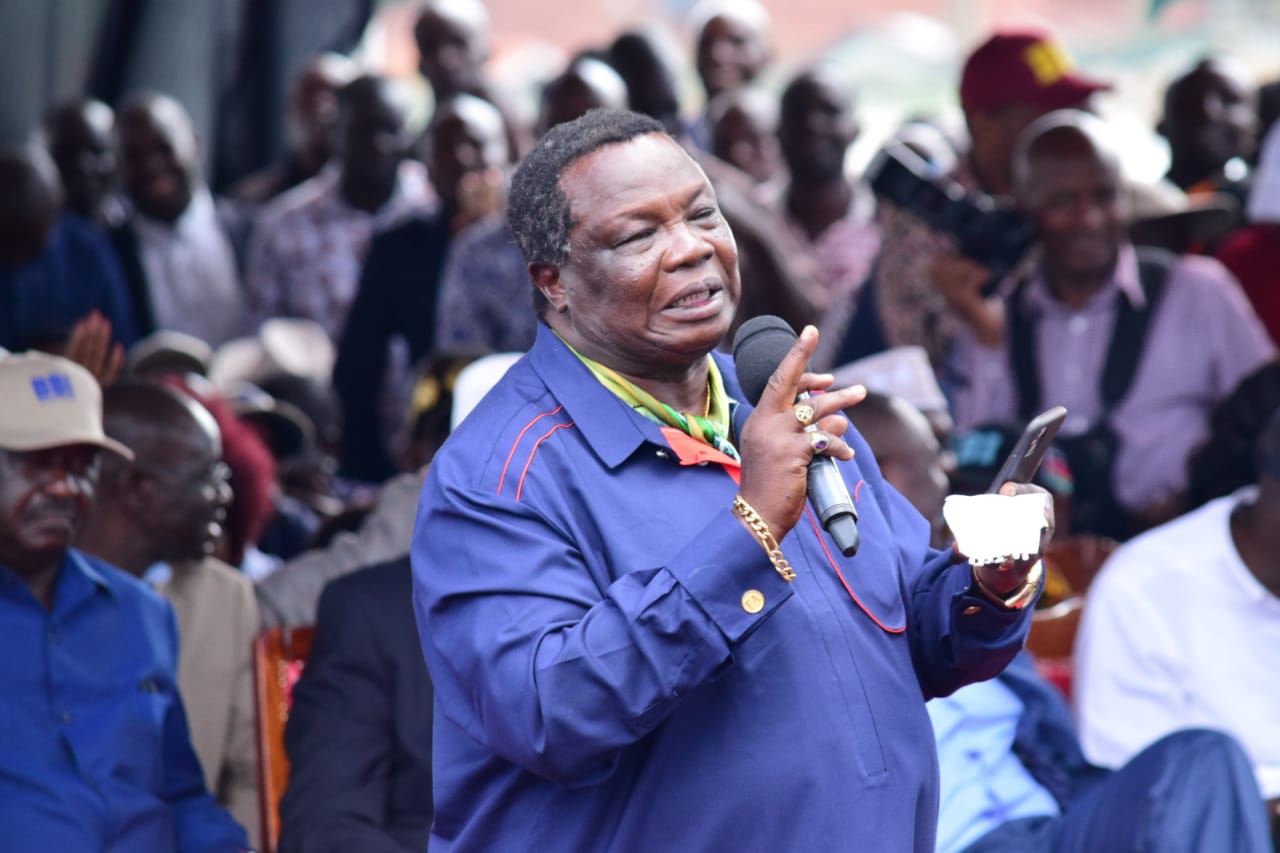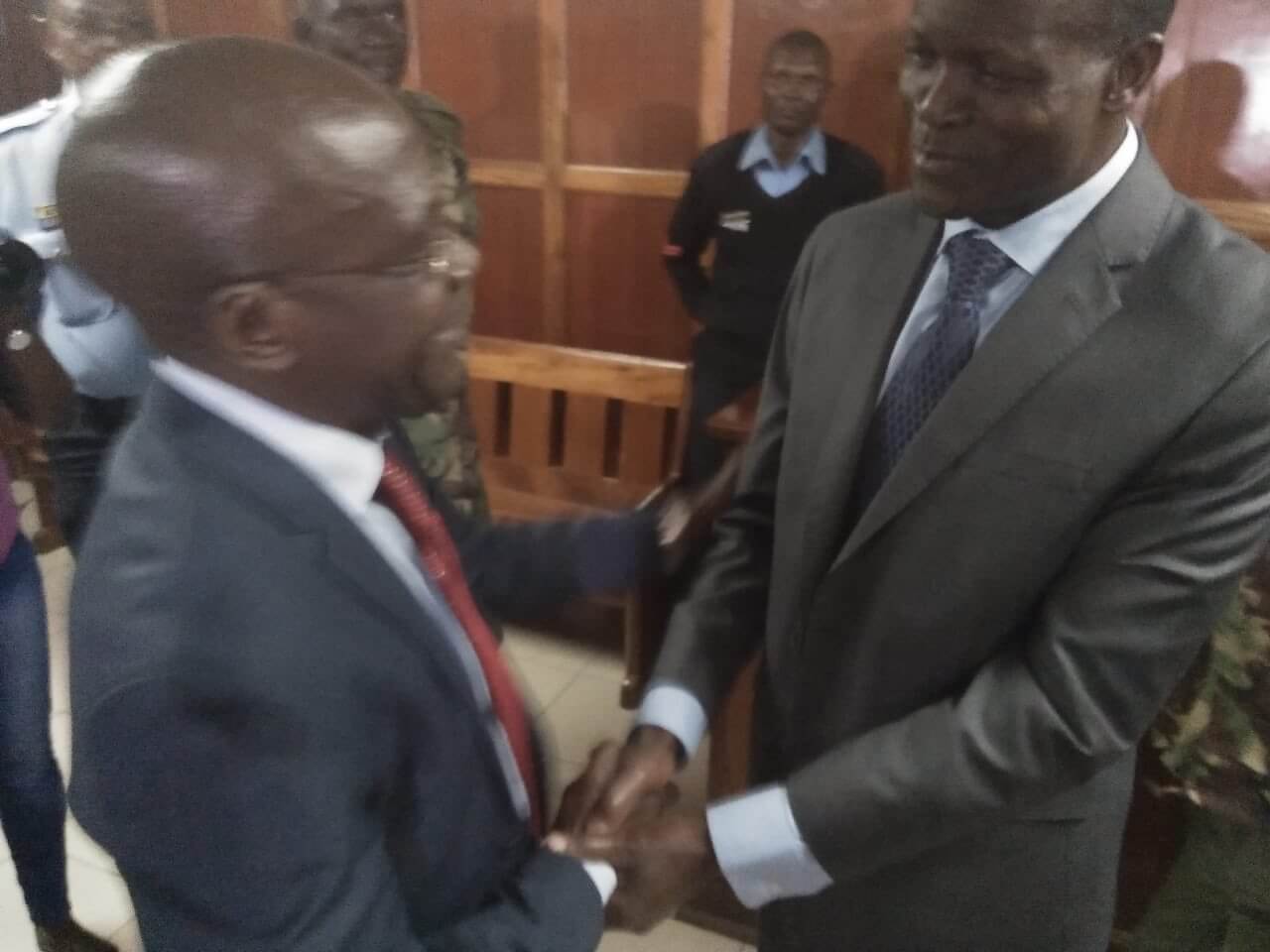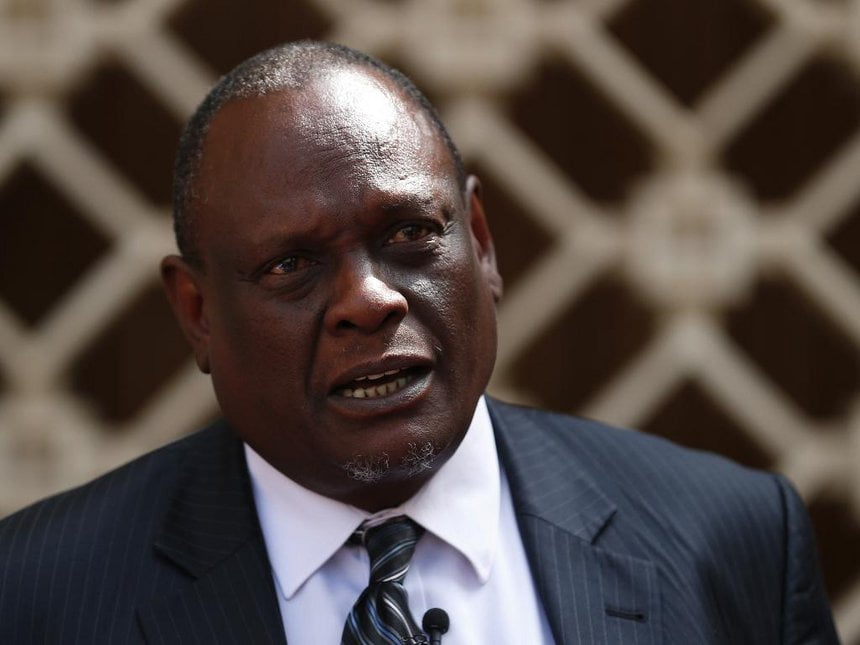In a fiery session at the Senate, nominated Senator Beatrice Oyomo dropped a political bombshell that could change Kenya’s economic debate.
Oyomo, speaking on Wednesday, May 14, boldly challenged President William Ruto to implement Raila Odinga’s Ksh6,000 monthly stipend. Her argument? The two leaders now share a political roof in the so-called broad-based government.
If their unity is more than political optics, then Ruto must honor the social protection promise that Raila fronted during his 2022 presidential bid. This bold call has reignited a national conversation about poverty, political accountability, and the real cost of populist pledges.

Pressure Mounts on Ruto Over the Ksh6,000 Monthly Stipend
Senator Oyomo’s challenge was more than just a rhetorical jab. It was a pointed question during a Senate grilling session of Cooperatives Cabinet Secretary Wycliffe Oparanya. Her request was simple but loaded: can the current administration now fund Raila’s Ksh6,000 monthly stipend promise?
This stipend was a cornerstone of Raila’s 2022 campaign. The idea was to support 1 to 1.5 million of the poorest households in Kenya. The plan aimed to inject between Ksh6 billion and Ksh9 billion into these families every month. Annually, the programme would cost taxpayers between Ksh72 billion and Ksh108 billion.
Critics of the plan had dismissed it as unrealistic. Yet Raila stood his ground, claiming the initiative was both necessary and possible without raising taxes. He proposed slashing ministry budgets by 25 percent and redirecting money lost to corruption.
Now, with the former opposition leader seemingly closer to power through his political cooperation with President Ruto, the big question has returned: is the government ready to walk the talk?
The irony is impossible to ignore. Ruto, who once poked holes in Raila’s economic promises, now faces calls to implement one of the most debated pledges in Kenya’s recent political history. If the coalition between Ruto and Raila is genuine, then so too must be the delivery of their promises—starting with the Ksh6,000 stipend.
Can Kenya Afford the Ksh6,000 Monthly Stipend?
The numbers don’t lie. Raila’s proposal demanded deep budget cuts and strict anti-corruption enforcement. At its peak, the plan would divert over Ksh100 billion a year toward social welfare. This would require political will and fiscal discipline that past regimes have struggled to demonstrate.
In Raila’s vision, the money would come from slashing excessive government spending, plugging graft loopholes, and restructuring the public service. A tall order for any government, especially one already battling a ballooning debt crisis and widespread economic dissatisfaction.
Kenya’s public debt stood at over Ksh10 trillion in 2024. Servicing that debt consumes over 60 percent of government revenue. Introducing a programme as costly as the stipend would force the Treasury to make tough calls—ones that could upset power brokers and interest groups.
Still, proponents of the programme argue it’s about priorities. Social safety nets exist in countries far poorer than Kenya. If implemented well, the stipend could boost local economies, reduce crime, and offer a lifeline to the millions stuck in the poverty cycle.
But without transparency and ironclad governance structures, the money could also be lost in a sea of mismanagement.
Political Alliance Now Demands Political Accountability
Oyomo’s challenge has effectively shifted the political terrain. What was once a campaign promise used to win votes is now a test of political sincerity. Her demand lays bare the expectations of the new political formation: it cannot be all talk and no delivery.
Raila, now seen as part of the broader governance structure, must also answer hard questions. Will he push for his vision, or was the stipend just a tool to win support from the vulnerable?
And Ruto? His administration is now bound to answer for promises he didn’t make but may now be expected to fulfill.
This development also gives fuel to opposition voices and civil society watchdogs. If the government can afford lavish travel budgets and luxury offices, why not spare something for the nation’s poorest?
The Ksh6,000 monthly stipend is no longer just a political slogan. It’s a symbol. A test of whether Kenya’s leaders are ready to use their power to transform lives or merely share the spoils.

